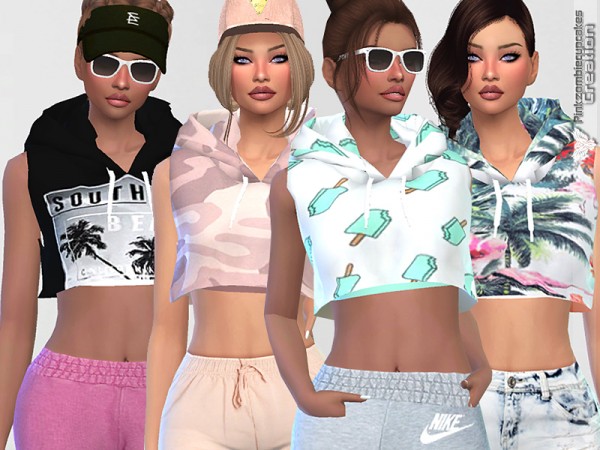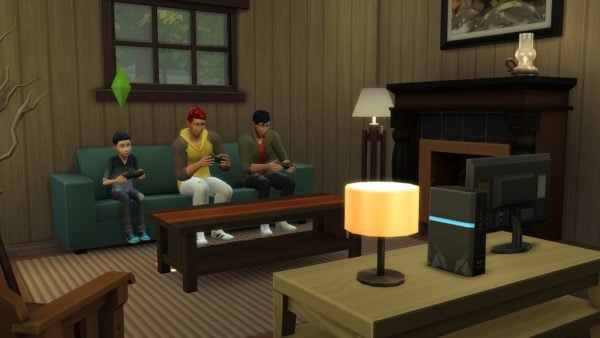

Modders are the fine folks who build upon the foundations of our favourite games and modify and extend them, be that through making additional content. Not entirely sure what modders and mods are? That’s okay: there are no stupid questions in my classroom, my friend. ‘The Sims 4’ launches Werewolf expansion pack. You see, some mods, by their very existence, infringe on copyright – especially if they’re using or modifying existing copyrighted assets. Rewind just a couple of weeks, though, and you’ll see EA had incensed that same community by changing the rules of what modders could – and could not – do when it came to The Sims 4. On Tuesday, it posted on its Sims 4 support pages that it has “ a long tradition of supporting creativity in our community“, acknowledging that “mods are an important part of game experience”. Behind closed doors, though, I suspect the gloves come off. When the PR machine is engaged, all parties talk of respect and partnership between games and their modding communities. READ MORE: ‘Hard West 2’ developers on making a spooky Western with extra spaghetti.But because of that one connection they share – one single link without which their paths may never have ever crossed – they’re stuck with each other. And neither wants the other hanging around. Like: it’s clear that they don’t like each other. To my untutored eye, it’s all faintly reminiscent of the uneasy truce between step-parents and their step-kids. This week, she reflects upon the modding community and the industry’s on-going love/hate relationship with it.Īs neither a modder nor a game publisher myself, I can only peer at their symbiotic relationship and make (let’s face it: laughably uninformed) judgements from afar.

This Week in Games is a weekly column where Vikki Blake pulls apart the biggest stories in gaming each week.


 0 kommentar(er)
0 kommentar(er)
